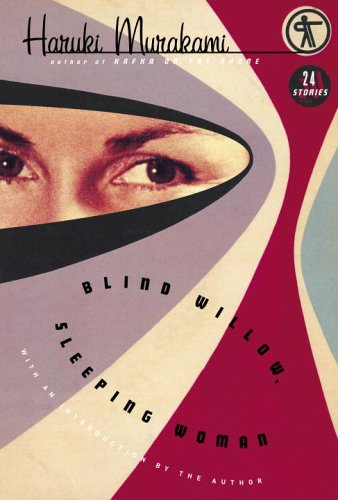Since today is the first day of the final month of 2013, I thought I would post about my reading plans in 2014. I’ve discovered that I don’t like having to follow a long list of books. I’m going to continue reading for The Classics Club and my goal of reading 60 classics in three years. It’s just that my final list of 60 won’t look like my original list. In 2013, as I read a book that I considered a classic and it wasn’t already on my list, I simply added it and took another book off the list. I’ve read 22 classics in 2013, so I’m meeting my goal. Back in February, I bought The Count of Monte Cristo and it’s been sitting on my dresser ever since – taunting me. So in 2014, Alexandre Dumas’ novel will be my one-book reading project.
My favorite reading project of 2013 was my Deal Me In short story project. Apparently, I don’t mind following a long list of short stories. Ever since my former book group, the Indy Reading Coalition, started reading short stories every July, I have become increasingly more appreciative of this form of fiction. One of the members of this book group, Jay at Bibliophilopolis, started a project a few years ago where he selected 52 stories that corresponded with each card in a regular deck of cards. Since there also happens to be 52 weeks in a year, he randomly selected a card each week and read the story that went with that card. In 2013, I joined him in doing this with my own list of short stories and found it to be a fun project that was easy to stick to throughout the entire year. Well, I still have four stories to go for this year, but I think I’m going to make it.
For 2014, I’ve put together another list of short stories (I’ve come up with 48 stories and made 2’s wild). I’m looking forward to randomly reading these over the next year. In determining which stories to use, I feel like I left some authors out; however, even though William Trevor and Haruki Murakami didn’t make the list, I plan on reading ad hoc stories and novels from these authors. I also feel like I snubbed Jack London by only putting two of his stories on the list, but since he is the author I’ve posted about most on my blog, I don’t feel that bad. And I’m fairly certain I will be reading more of his work in the coming year.
What are your plans for reading in 2014?






